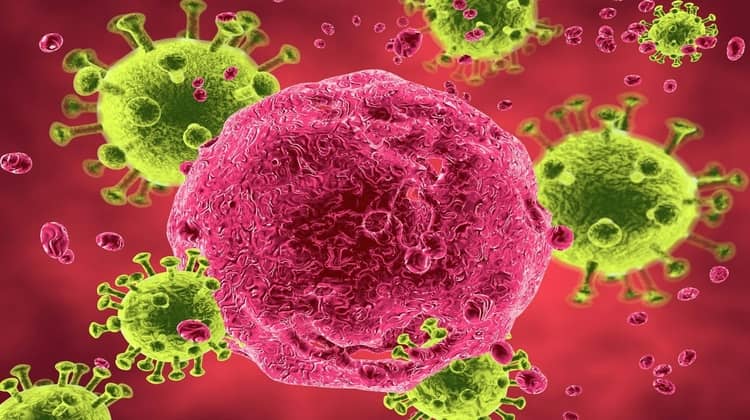Immune Deficiency Syndromes
The body’s immune system primarily defends one’s body against infections like bacteria, viruses and parasites.
There are two broad categories of immune deficiency: those that one is born with (congenital), and those that are acquired after birth (secondary).
Immune deficiency syndrome refers to a broad range of medical disorders that prevent your body from protecting itself from illnesses such as viruses and bacteria. There are a number of different types of congenital and acquired immune deficiency syndromes that can impact the body in a variety of ways.
Causes of Immune Deficiency Syndromes
Immune deficiency syndromes may be present at birth due to genetic defects to parts of the immune system (sometimes there is a family history of infections).
Secondary (acquired) immune problems can result from many causes; viral infections, malnutrition, metabolic disorders (like kidney disease) diabetes, drugs, infections, cancer treatments or other medications. Even following surgery or loss of proteins from the body (for example from bowel abnormalities).
Signs and symptoms of immune deficiency syndromes?
Immune deficiency syndromes can present with a wide range of signs and symptoms. The main factor in determining whether your child has the disease is whether your child develops frequent infections, or the infections don't improve with conventional treatments.
Some of the infections that frequently occur include sinus infections, colds, difficult to treat or recurrent ear infections, deep skin infections, diarrhea, pneumonia, pinkeye, urine or yeast infections. Infants may fail to gain weight or grow properly.


